Starting a new business is a daunting task – definitely not for the faint-hearted! Besides all the introspection and self-doubt, you suddenly have a myriad of tasks and decisions that you’ve never had to deal with before. However, although the learning curve and juggling are inevitable, you will soon develop your own rhythm and get into stride.
Below are 5 practical business options you will need to consider at some point, and tips on how to handle them.
1. Deciding on the form of business entity
In South Africa, most businesses have to register with the Companies and Intellectual Property Commission (CIPC), unless they are sole proprietors or Non-Government Organisations. Although simple, a sole proprietorship lacks the benefit of “separate legal entity” status: this means if the business goes down, the business owner’s personal property is at risk.
Most small businesses in South Africa operate as private companies, but there are other options such as co-operatives or personal liability companies.
One should read up on the pros and cons of each type of business entity, as well as speak to an accountant or lawyer. It is important to get it right from the start. The CIPC website has some useful information on the different forms of the entity.
2. Where to operate from
Working from home can save you travel time and overhead costs. Some people set up really great home offices and can work efficiently from home. In addition, SARS allows you to claim a pro-rata portion of home expenses, such as insurance costs, water, rates and electricity, repairs and maintenance, home telephone account (if business use is greater 50%), cleaning costs, as well as mortgage bond interest.
It is important, however, to familiarise oneself with the criteria for a home office that qualifies for such deductions, as SARS is quite prescriptive in this regard.
You should also be aware that claiming home office expenses on your primary residence, means you lose out on a portion of your exclusion from paying Capital Gains Tax, should you sell that primary residence. Therefore this is a “proceed with caution” area of tax planning that needs the advice of a tax expert.
On the other hand, many businesses are now utilising flexible working options such as the likes of Regus, Business Centre or even Fleximom, which offer scalability and customisation to suit each individual business’ needs.
Although with such options, the space is usually small and might seem relatively expensive for the size, one gets add-on services such as a shared receptionist, management of facilities like IT, printing and stationery, cleaning, boardroom facilities, teas and coffees etc.
3. Whether or not to outsource the financial management function
Financial aptitude and discipline are two components that will definitely make or break a business. So it’s important from the onset to decide whether, as a business owner, you have the capacity, time, or discipline to handle your full finance function, or if you need someone else to do it for you. If in doubt, it’s worthwhile to consider outsourcing.
Most accountants work on the basis of a monthly retainer basis. Such a retainer not only covers the monthly management reporting and SARS returns but also builds in other bi-monthly, bi-annual or even annual compliance work such as bi-monthly VAT returns, bi-annual provisional tax returns, employee reconciliations and annual income tax and CIPC statutory returns.
We at Zuva Financial Services provide just such a service, and getting in touch with us might save you a lot of financial heartache in the future!
It is up to you as a business owner to manage the relationship with your accountant, so that you get as much as you can out of it. Ask your accountant questions and meet with them at least once a month if you can. In this way, you will eventually develop a good grasp of your own business’ finances, which is crucial, since this is really the backbone of your business.
Remember that one day you might want to sell your business. By building up a good, clean financial history of your business, you are improving your chances of getting a competitive price if you ever decide to sell.
4. Deciding on an accounting package to use
This is often a baffling decision, particularly for business owners with very little aptitude for accounting. Besides the traditional server-type software, there are now online options such as Sage, Freshbooks and Xero, just to name a few.
FNB business owners can use Instant Accounting, which is built into the banking suite of products. These online options are generally more flexible and cost-effective, although there is a sacrifice in terms of functionality, compared to the more established desktop-type options. This is again an area where the business owner needs to consult with their accountant.
5. Remuneration structure
One needs a basic understanding of South African tax laws in order to structure salaries efficiently – again something that requires expert input. For instance, do you build in a travel allowance into the remuneration structure, or do you give the individual use of a company vehicle?
There are pros and cons to both, from a tax perspective. SARS allows the employer to tax only 80% or 20% of the travel allowance for an individual during the year, depending on the individual’s pattern of business travel. However, that individual needs to keep a logbook during the year and account for their travel at the end of the year, when they do their tax return.
It is in the individual’s interest to choose the option that best mirrors their travel patterns to avoid having to reimburse SARS come to the end of the year.
There is wisdom in getting counsel from the right people: one cannot be a jack of all trades. It makes sense to let the right people handle the right aspects of your business for you – otherwise, you run the risk of burnout and disillusionment.
For further guidance, we offer a variety of coaching and mentorship programmes for entrepreneurs looking to start and grow optimally. Visit our Zuva Accelerator website to learn more.





